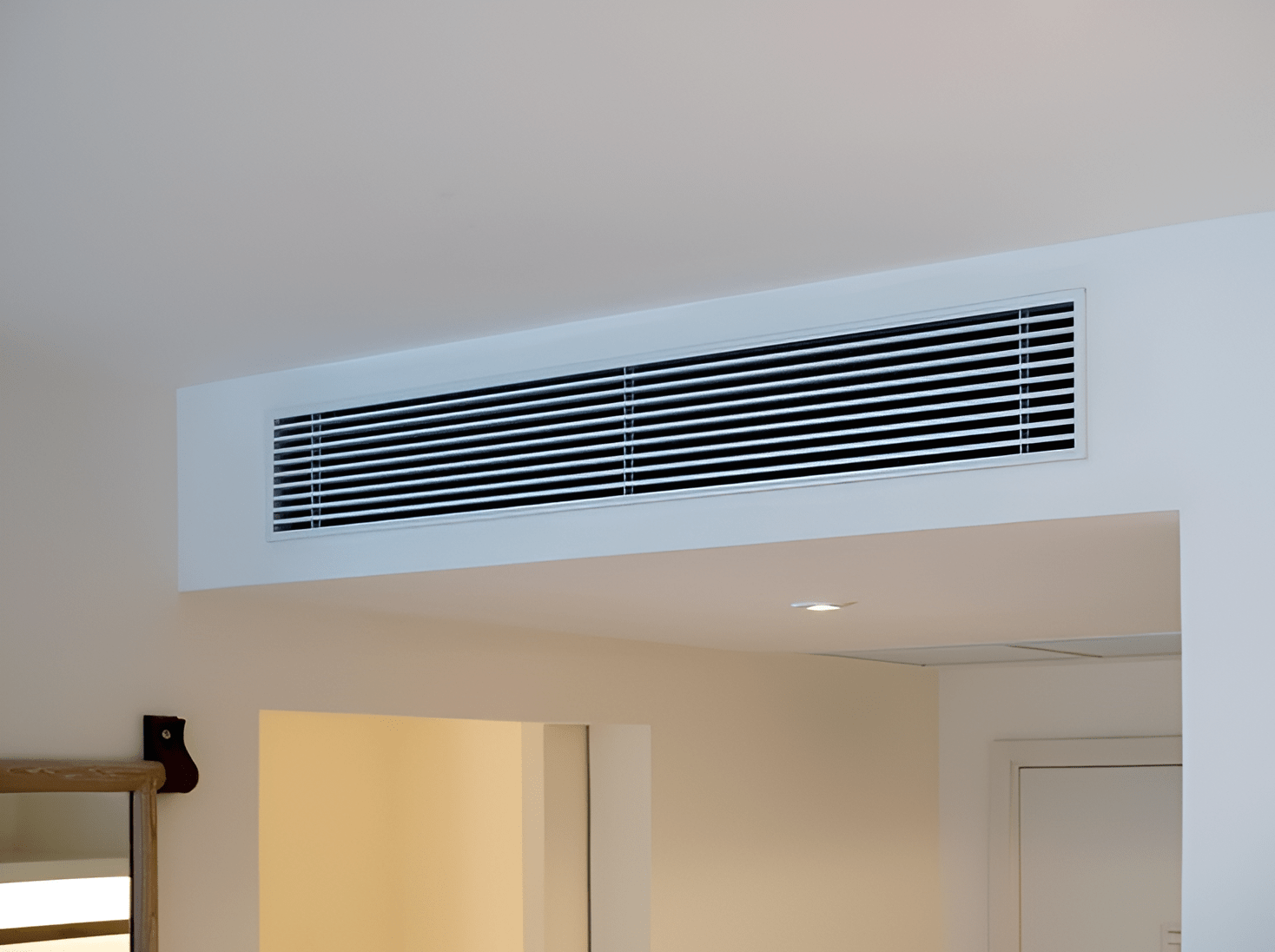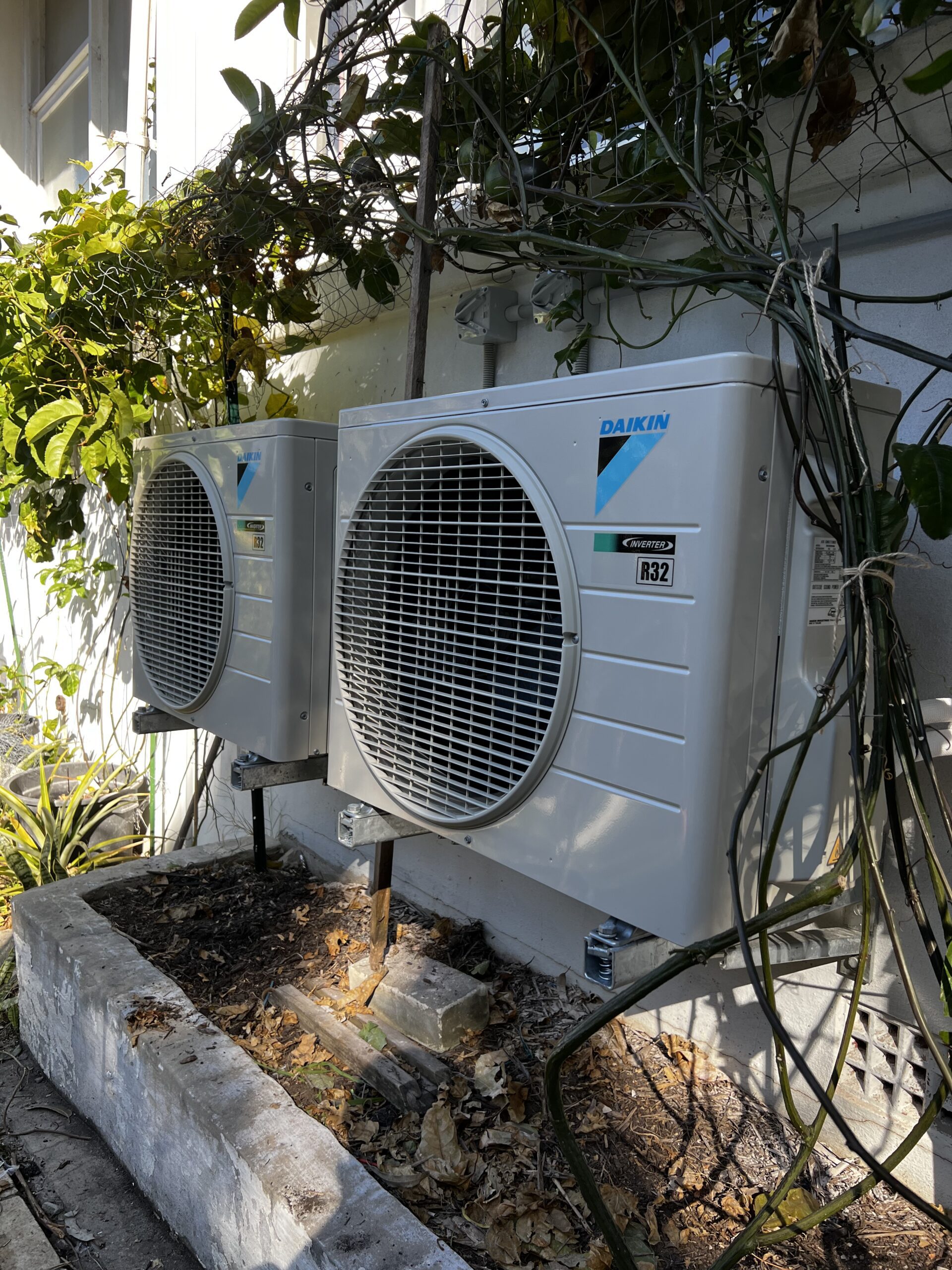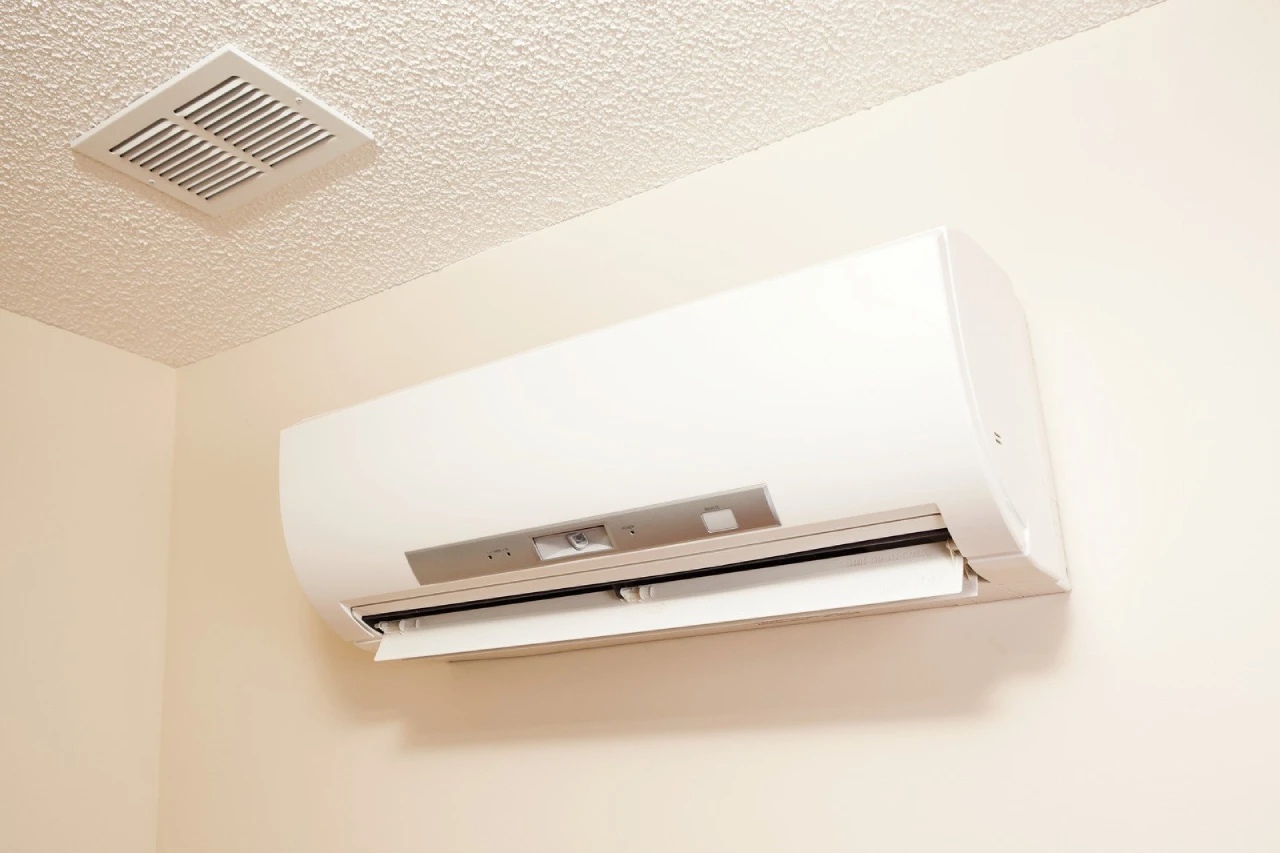Introduction
As temperatures continue to rise, staying cool during a heatwave becomes a top priority for many households. Your air conditioning system is your primary defence against the scorching heat, but simply cranking down the thermostat isn’t always the most effective or energy-efficient solution. To truly beat the 2025 heatwave, it’s essential to implement smart AC strategies that maximise cooling efficiency and minimise energy consumption. This article provides practical tips and tricks to help you keep your home comfortable, even when the mercury soars.
1. Optimise Your Thermostat Settings
Your thermostat is the brain of your AC system, and how you set it can significantly impact both your comfort and your energy bills. Strategic thermostat management is crucial during a heatwave to ensure efficient cooling without overworking your unit.
1.1 Set the Right Temperature
While it might be tempting to set your thermostat to the lowest possible temperature, this can actually make your AC work harder and consume more energy. The U.S. Department of Energy recommends setting your thermostat to 78°F (25.5°C) when you are home during the summer. This temperature provides a good balance between comfort and energy efficiency. Raising the temperature by even a few degrees can lead to noticeable savings on your electricity bill.
1.2 Utilise Programmable or Smart Thermostats
Programmable or smart thermostats offer an excellent way to automate your cooling and save energy. You can program them to raise the temperature when you’re away from home and lower it before you return, ensuring your house is cool when you need it. Smart thermostats can even learn your habits and adjust settings automatically, providing optimal comfort and efficiency. This technology is a game-changer for managing your home’s climate during a heatwave.
2. Ensure Proper Airflow
Efficient airflow is fundamental to your AC system’s performance. When air can move freely through your unit and ducts, your system doesn’t have to work as hard, leading to better cooling and lower energy consumption.
2.1 Regularly Change Air Filters
One of the simplest yet most effective ways to ensure proper airflow is to regularly change your air filters. A dirty, clogged filter restricts airflow, forcing your AC unit to work harder and reducing its efficiency. During a heatwave, when your AC is running more frequently, it’s even more important to check and replace filters monthly. A clean filter not only improves cooling but also enhances indoor air quality.
2.2 Keep Vents Unobstructed
Ensure that all supply and return vents in your home are open and unobstructed. Furniture, curtains, or even dust buildup can block vents, preventing cooled air from circulating effectively. This can lead to uneven temperatures and wasted energy. Make a habit of checking that no items are blocking your vents, allowing for optimal air distribution throughout your living spaces. For professional assistance with your AC system, consider contacting experts in areas like Northern Beaches Air Conditioning Avalon Beach or Northern Beaches Air Conditioning Manly.
3. Maximise Unit Efficiency
Beyond airflow, the overall efficiency of your AC unit plays a significant role in its ability to keep your home cool during a heatwave. Regular cleaning and sealing can make a big difference.
3.1 Clean Outdoor Condenser Coils
The outdoor unit of your AC system, known as the condenser, contains coils that release heat from your home to the outside air. Over time, these coils can become covered in dirt, leaves, and debris, especially if the unit is surrounded by vegetation. A dirty condenser coil cannot efficiently dissipate heat, forcing your AC to work harder and consume more energy. Regularly clear away any obstructions and gently clean the coils to ensure maximum efficiency.
3.2 Seal Leaky Ducts and Windows
Even the most efficient AC unit will struggle if cooled air is escaping through leaky ducts or gaps around windows and doors. Leaky ducts can lose up to 30% of your home’s cooled air before it even reaches your living spaces. Use mastic sealant or metal tape to seal any leaks in your ductwork. Similarly, check for drafts around windows and doors and seal them with weatherstripping or caulk. These simple improvements can significantly reduce your energy waste and improve cooling performance.
4. Strategic Use of Fans
While your AC unit is the primary cooling source, fans can be excellent allies in distributing cool air and enhancing comfort, often allowing you to set your thermostat a few degrees higher.
4.1 Supplement with Ceiling Fans
Ceiling fans create a wind-chill effect, making you feel cooler without actually lowering the room temperature. Ensure your ceiling fans are rotating counter-clockwise in the summer to push cool air down. Using ceiling fans in conjunction with your AC can allow you to raise your thermostat setting by about four degrees Fahrenheit with no reduction in comfort, leading to energy savings.
4.2 Use Portable Fans Effectively
Portable fans can be strategically placed to improve air circulation in specific areas. Position them to create a cross-breeze or to push cool air from your AC into warmer corners of a room. Avoid pointing fans directly at your AC thermostat, as this can trick the thermostat into thinking the room is cooler than it is, causing the AC to short cycle.
5. Minimise Internal Heat Sources
Your home generates heat from various sources, and during a heatwave, it’s crucial to minimise these contributions to reduce the load on your AC system.
5.1 Limit Appliance Use During Peak Hours
Many household appliances, such as ovens, dishwashers, and clothes dryers, generate significant amounts of heat. During the hottest parts of the day (typically late afternoon), try to limit the use of these appliances. Run your dishwasher and washing machine in the early morning or late evening when temperatures are cooler. This reduces the internal heat gain in your home, allowing your AC to cool more efficiently.
5.2 Cook Smart to Reduce Heat
Using your oven or stovetop can quickly raise the temperature in your kitchen and, consequently, your entire home. During a heatwave, opt for cooking methods that generate less heat, such as grilling outdoors, using a microwave, or preparing no-cook meals like salads. If you must use your oven, consider doing so in the cooler parts of the day or using an exhaust fan to vent the heat outside.
6. Leverage Window Coverings
Windows are a major source of heat gain in your home, especially on sunny days. Managing your window coverings effectively can significantly reduce the amount of heat entering your living space.
6.1 Close Blinds and Curtains During the Day
During daylight hours, especially when the sun is directly hitting your windows, keep your blinds and curtains closed. This simple action can block a significant amount of solar radiation from entering your home, preventing it from heating up your interior. Light-coloured curtains with a reflective backing are particularly effective at bouncing sunlight away.
6.2 Consider Blackout Curtains
For rooms that receive a lot of direct sunlight, investing in blackout curtains can make a substantial difference. These curtains are designed to block out nearly all light and heat, providing superior insulation compared to standard window coverings. They are especially useful in bedrooms to keep them cool and dark for better sleep during hot summer nights.
7. Professional Maintenance is Key
While many tips focus on daily habits, the foundation of an efficient and reliable AC system lies in professional maintenance. Regular tune-ups can prevent minor issues from escalating into major problems.
7.1 Schedule Pre-Season Tune-Ups
Before the heatwave hits, it’s highly recommended to schedule a professional AC tune up. A certified technician will inspect your system, clean coils, check refrigerant levels, lubricate moving parts, and identify any potential issues. This preventative maintenance ensures your unit is running at peak efficiency and is ready to handle the increased demand of summer. For residents in the Northern Beaches area, consider professional services for Northern Beaches Air Conditioning Avalon Beach or Northern Beaches Air Conditioning Manly.
7.2 Address Minor Issues Promptly
Don’t ignore strange noises, reduced cooling, or unusual smells coming from your AC unit. These are often early warning signs of a developing problem. Addressing minor issues promptly can prevent them from turning into costly repairs or even a complete system breakdown during the peak of a heatwave. A professional can diagnose and fix these problems efficiently, saving you discomfort and money in the long run.
8. Smart Home Habits for Cooling
Beyond your AC unit, adopting certain habits around your home can significantly contribute to maintaining a cooler indoor environment during a heatwave.
8.1 Close Off Unused Rooms
If you have rooms that are not in use, close their doors and shut their vents. This prevents cooled air from entering these spaces, allowing your AC system to focus its efforts on the areas you are actively using. This simple habit can improve cooling efficiency in occupied rooms and reduce the overall load on your air conditioner.
8.2 Utilise Nighttime Cooling
When outdoor temperatures drop significantly at night, take advantage of the cooler air. Open windows and doors on opposite sides of your home to create a cross-breeze, flushing out the warm air accumulated during the day. You can also use fans to assist with this process. Just remember to close everything up again in the early morning before temperatures start to rise, trapping the cool air inside.
Conclusion
Beating the 2025 heatwave requires a combination of smart strategies and proactive measures. By optimising your thermostat settings, ensuring proper airflow, maximising unit efficiency, and strategically using fans, you can significantly improve your home’s cooling performance. Minimising internal heat sources, leveraging window coverings, and adopting smart home habits further contribute to a cooler indoor environment. Most importantly, remember that professional maintenance is the cornerstone of a reliable and efficient AC system. By implementing these tips, you can keep your home comfortable, reduce energy consumption, and ensure your air conditioning unit is ready to tackle even the most intense summer heat.



